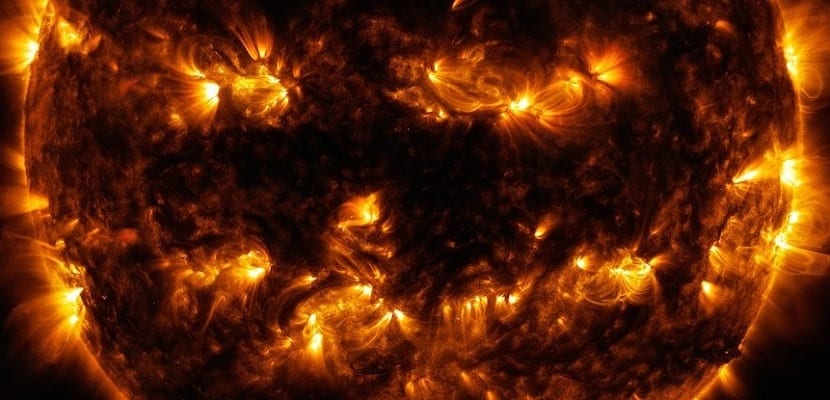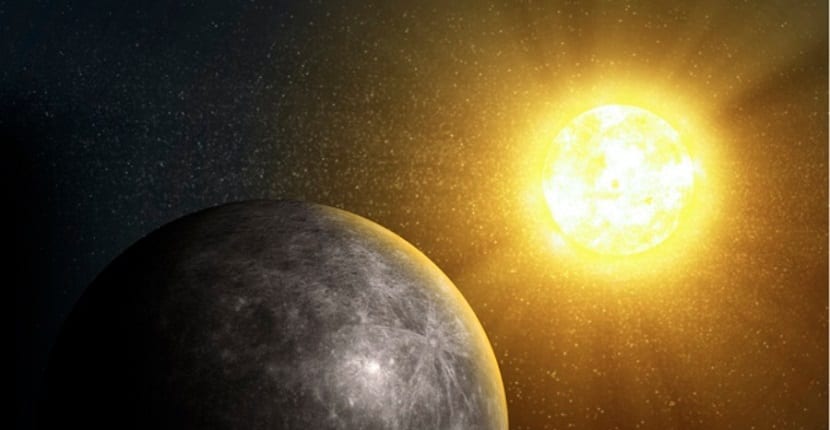
One of the great concerns we have as human beings is predicting, in one way or another, how and when we will die. A team of astronomers seems to have taken this to the limit since, as they claim, thanks to a series of calculations and comparisons they have managed to know how and when will the sun die and, with it, our entire Solar System.
Before continuing, tell you that there is still a long time until this can happen, at least if we pay attention to the calculations made by this group of researchers, so much so that none of us who are gathered around this entry can live it and even that, perhaps this comes before, there will be no human being by then.

By comparison, the Sun should die at 10 billion years
Based on the calculations made and published, we can understand that Today the Sun is about 4.6 billion years old old. This age has been measured after comparing it with other objects present in the Solar System that formed at the same time. Based on observations and studies of other stars present in space, astronomers who have worked on this project predict that the Sun will die sometime when its life span reaches 10 billion years.
Now, this does not mean that life in the Solar System is pleasant as such, but that in the predictions it is announced that when the age of the Sun reaches the 5 billion years ago, it will go on to become a red giant. This means that the core of the star will shrink as its outer layers expand until it reaches the orbit of Mars. Consequently, these layers will envelop in their expansion the Earth or what, at that particular moment, may remain of it.

The annual increase in the brightness of the Sun can kill life on Earth much sooner than we think
For this expansion to occur there are still some 400 years ahead, a time that seems very long but in which things will also happen that will trigger the expansion. In this period it is expected that the Sun, as it happens, increase its brightness 10% every billion years which, according to the researchers, will end life on Earth.
The problem that the Sun's brightness increases year after year, although in this short period of time it is almost imperceptible to us, is that temperatures will also rise, which could finally translate into serious problems such as the fact that the oceans eventually disappear, the surface of the planet becomes too hot for water to form in it and, therefore, the planet remains liquid, something that, as we know, is essential to guarantee life on planet Earth.

After the Sun turns into a red giant it will shrink into a white dwarf
After 5.000 million years, according to the study published by this group of astronomers, what will happen is much more difficult to determine. Even so, according to what can be read in the document, it is more than likely that our Sun goes from a red giant to a white dwarf to end up transforming into a planetary nebula, ultimately marking the end of our Solar System. As the astrophysicist has commented Albert zijlstra, one of those responsible for the research and professor at the University of Manchester:
When a star dies, it expels a mass of gas and dust into space that can reach half the mass of the star. This reveals the core of the star, which at this point in its life is running out of fuel, eventually shutting down and finally dying.
It is only then that the hot core makes the expelled envelope glow for around 10.000 years, a short period in astronomy. This is what makes the planetary nebula visible. Some are so bright that they can be seen from extremely great distances measuring tens of millions of light years, where the star itself would have been too faint to see.
Further information: Nature